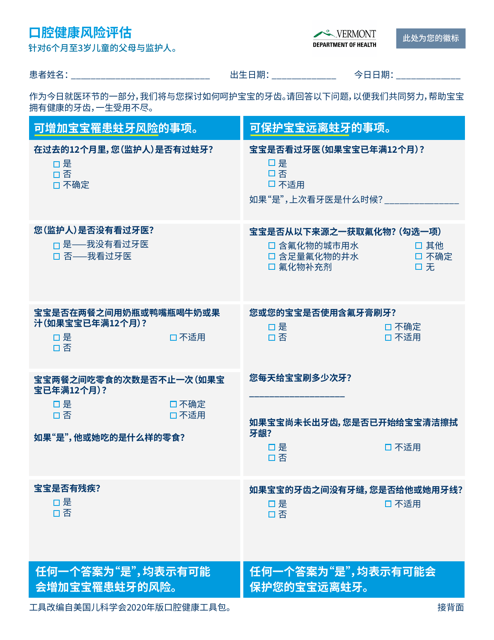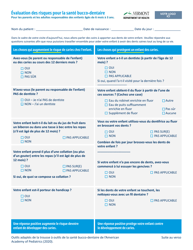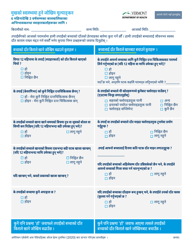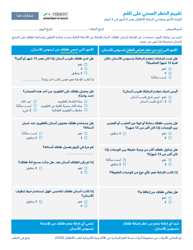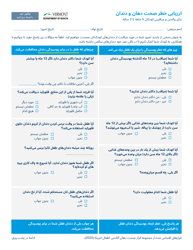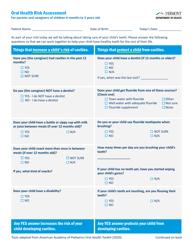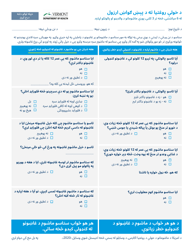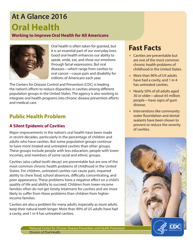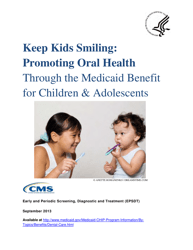Oral Health Risk Assessment for Parents and Caregivers of Children 6 Months to 3 Years Old - Vermont (Chinese Simplified)
This is a legal document that was released by the Vermont Department of Health - a government authority operating within Vermont.
The document is provided in Chinese Simplified.
FAQ
Q: What is an oral health risk assessment?
A: An oral health risk assessment is a tool used to evaluate a child's risk for developing oral health problems.
Q: Why is an oral health risk assessment important?
A: An oral health risk assessment helps identify early signs of dental problems and allows for timely intervention.
Q: Who should conduct an oral health risk assessment?
A: An oral health risk assessment can be conducted by a dentist, dental hygienist, or other qualified healthcare professional.
Q: At what age should an oral health risk assessment be done for children?
A: An oral health risk assessment should be done for children between the ages of 6 months to 3 years old.
Q: What are the risk factors assessed in an oral health risk assessment?
A: The risk factors assessed in an oral health risk assessment may include dental hygiene practices, diet, fluoride exposure, and previous dental history.
Q: How can parents and caregivers help prevent dental problems in children?
A: Parents and caregivers can help prevent dental problems in children by practicing good oral hygiene, providing a healthy diet, limiting sugary foods and drinks, and scheduling regular dental check-ups.
Q: What should parents and caregivers do if their child is identified as being at high risk for dental problems?
A: If a child is identified as being at high risk for dental problems, parents and caregivers should follow the recommendations given by the oral health professional, such as increasing fluoride use or scheduling more frequent dental visits.
Form Details:
- The latest edition currently provided by the Vermont Department of Health;
- Ready to use and print;
- Easy to customize;
- Compatible with most PDF-viewing applications;
Download a printable version of the form by clicking the link below or browse more documents and templates provided by the Vermont Department of Health.
